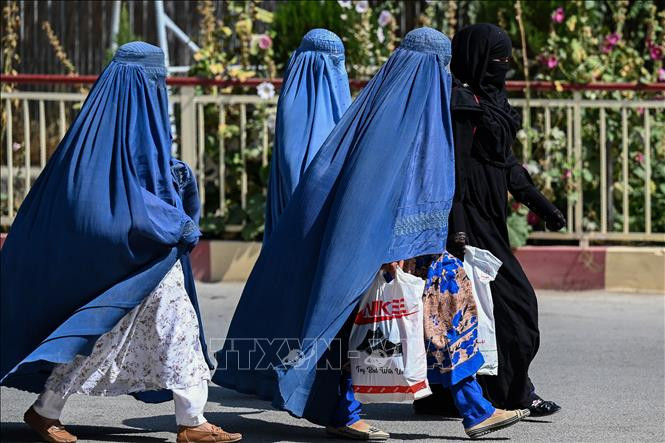The Taliban government in Afghanistan announced on September 16 that it had arrested a number of employees of the non-governmental organization (NGO) called the International Assistance Mission (IAM), accusing them of spreading Christianity in Afghanistan.
A spokesman for the Taliban government in Ghor province, Abdul Wahid Hamas Ghori, said a total of 21 people were detained, including an American woman.
IAM confirmed that 18 of its staff, including “one foreigner”, were arrested at their office in Ghor province, central Afghanistan, and taken to the capital Kabul. However, IAM stressed that it had not been informed of the reasons for the arrests.
According to IAM, the Taliban first detained the American woman and two Afghan staff on September 3, followed by 15 other Afghan staff on September 13. The organization stated: “If any allegations are made against our organization or any individual staff, we will independently evaluate all evidence presented.”
The IAM website also makes clear that the organization is founded on Christian values, but that IAM does not provide aid based on political or religious beliefs. “We respect local customs and cultures,” the organization asserts.
IAM has been operating in Afghanistan since 1966, in the areas of health and education.

Also related to Afghanistan, the South Asia correspondent cited a report by the organization Protecting Education in Insecurity and Conflict (PEIC) saying that gender disparity, limited access to education for girls, attacks on schools, disrupted learning, high illiteracy rates and other serious challenges have put Afghanistan on the list of countries with the worst educational conditions.
The above challenges have been exacerbated by interventions by both government and non-government actors, which have dealt a severe blow to Afghanistan’s educational infrastructure and opportunities, said PEIC Executive Director Maleiha Malik.
Mr Malik said Afghanistan is one of the countries that continues to struggle in the education sector. What is worrying is that attacks on education are not only carried out by state actors, but also by non-state armed groups. Mr Malik said that new barriers to education in Afghanistan remain significant.
According to VNA